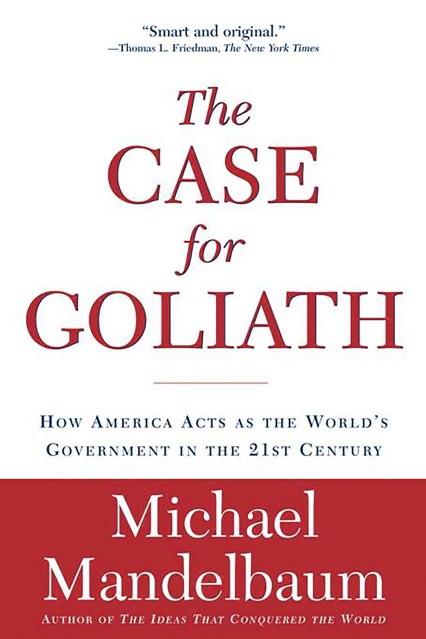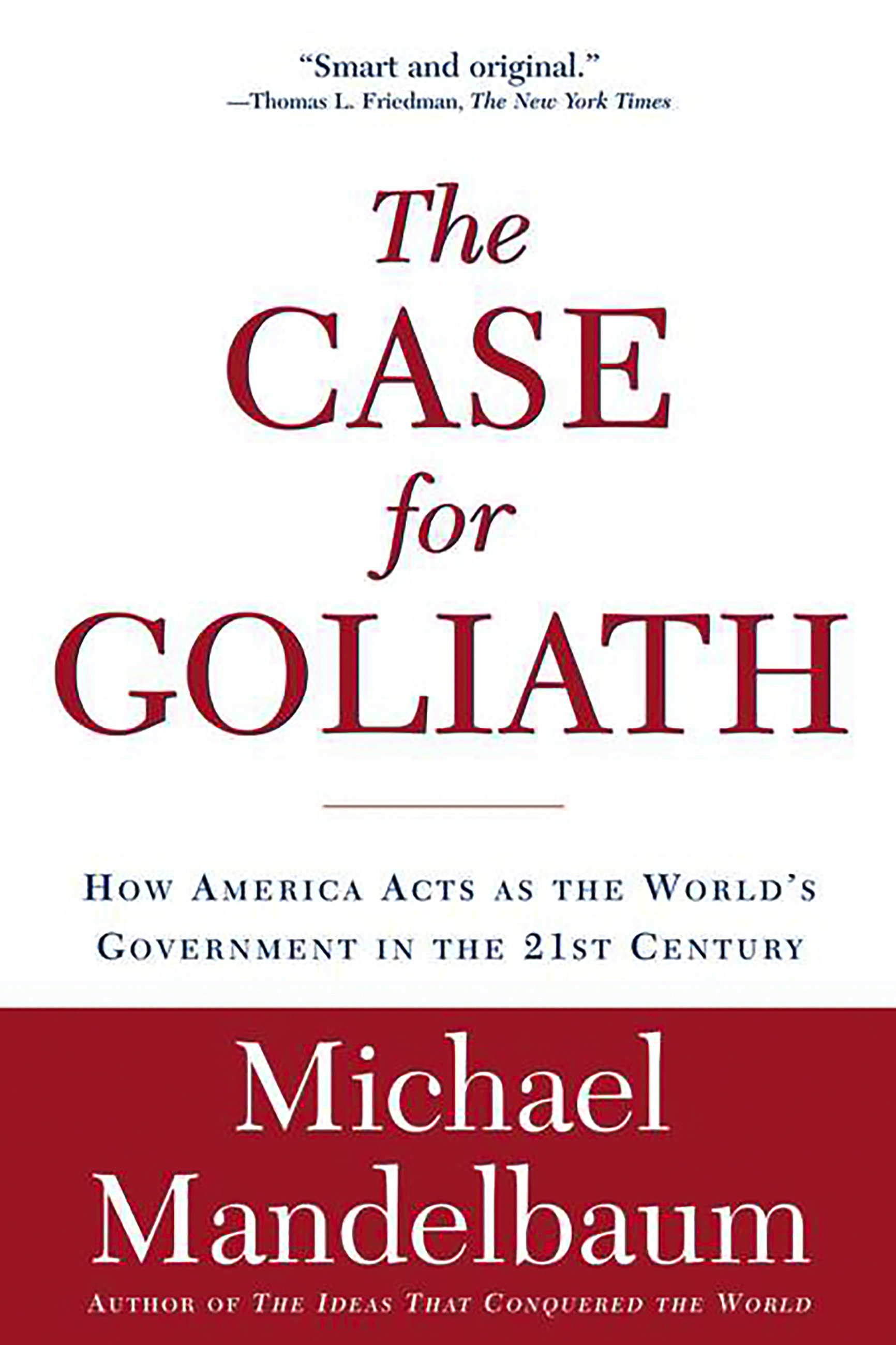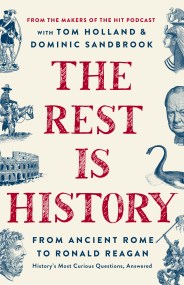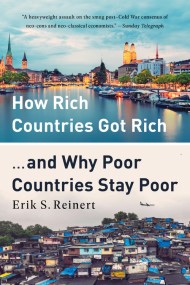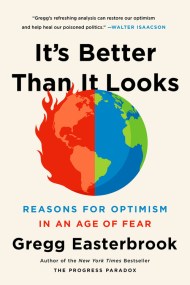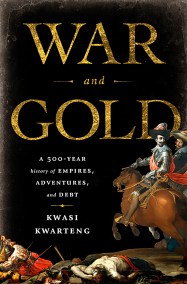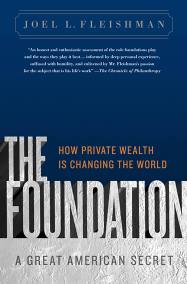By clicking “Accept,” you agree to the use of cookies and similar technologies on your device as set forth in our Cookie Policy and our Privacy Policy. Please note that certain cookies are essential for this website to function properly and do not require user consent to be deployed.
The Case for Goliath
How America Acts as the World’s Government in the
Contributors
Formats and Prices
- On Sale
- Dec 26, 2006
- Page Count
- 320 pages
- Publisher
- PublicAffairs
- ISBN-13
- 9781586484583
Price
$21.99Price
$28.99 CADFormat
Format:
- Trade Paperback $21.99 $28.99 CAD
- ebook $9.99 $12.99 CAD
This item is a preorder. Your payment method will be charged immediately, and the product is expected to ship on or around December 26, 2006. This date is subject to change due to shipping delays beyond our control.
Buy from Other Retailers:
Mandelbaum explains how this role came about despite the fact that neither the United States nor any other country sought to establish it. He describes the contributions that American power makes to global security and prosperity, the shortcomings of American foreign policy, and how other countries have come to accept, resent, and exert influence on America’s global role. And he assesses the prospects for the continuation of this role, which depends most importantly on whether the American public is willing to pay for it.
Written with Mandelbaum’s characteristic blend of clarity, wit, and profound understanding of America and the world, The Case for Goliath offers a fresh and surprising approach to an issue that obsesses citizens and policymakers the world over, as well as a major statement on the foreign policy issues confronting the American people today.
Genre:
Newsletter Signup
By clicking ‘Sign Up,’ I acknowledge that I have read and agree to Hachette Book Group’s Privacy Policy and Terms of Use
